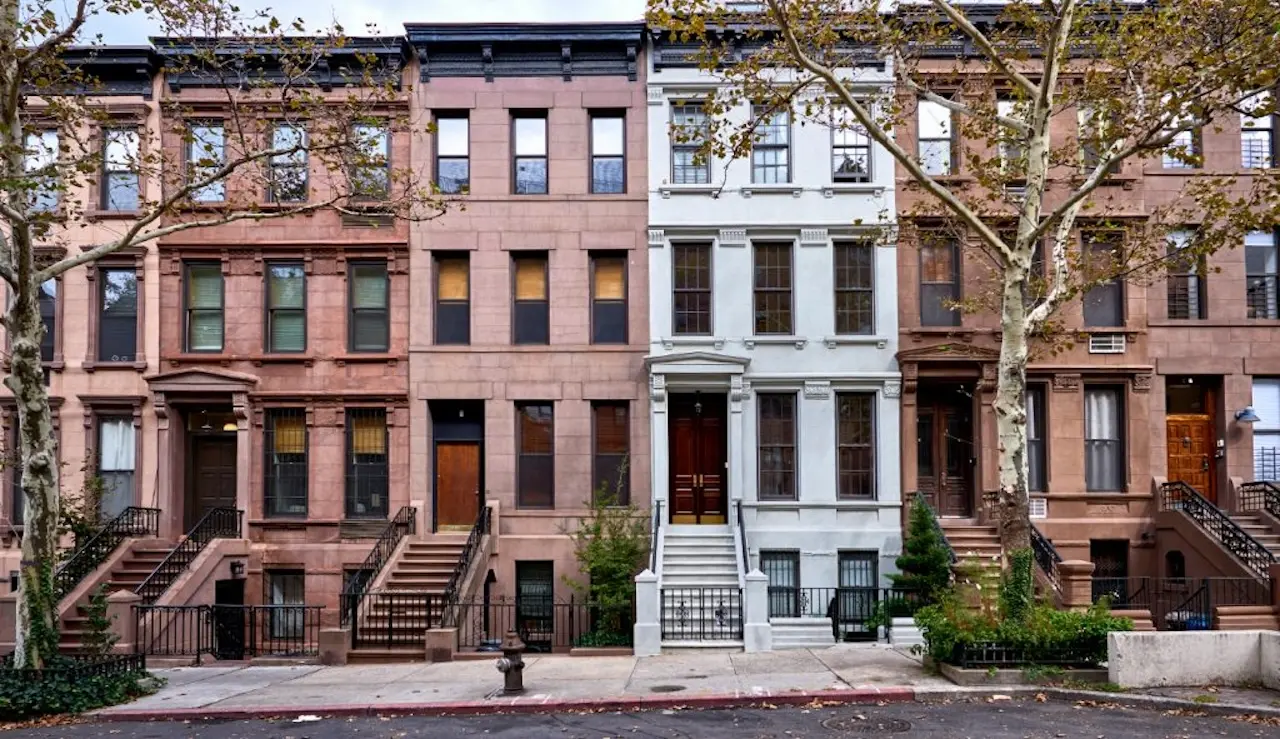Bronx’s Ritchie Torres Faces Primary From Ex-Ally Blake Over Israel Stance and Local Focus

An insurgent primary race in the Bronx signals a rift in Democratic politics over Israel, testing community loyalties and New York’s perennial talent for reinvention.
The South Bronx is better known for rowhouses, bodegas, and hip-hop birthrights than for clutch struggles over foreign policy. Yet on a recent steamy June day, the noisier debate in District 15 was not about potholes or policing but Gaza. Michael Blake, a former state assemblyman and perennial office-seeker, had just launched an impassioned campaign against Representative Ritchie Torres, the district’s sitting congressman—and one of the House’s most outspokenly pro-Israel progressive Democrats.
The contest is shaping up as a test case for how America’s most diverse city navigates a divisive global conflict. At issue: not only the ongoing Israeli offensive in Gaza, which has polarised Democratic voters, but also the very meaning of “progressive” in an era of realigned political identities. With over 760,000 residents, Bronx’s District 15 is majority Hispanic, with a sliver of affluent Riverdale Jews, and a long tradition of delivering lopsided wins to career incumbents. Yet this year’s Democratic primary may prove unexpectedly competitive.
Mr Blake, who once courted AIPAC, America’s most powerful pro-Israel lobby, has recast himself. In his campaign launch video—a montage equal parts call-to-arms and attack ad—he accuses Mr Torres of being “more concerned with Bibi [Netanyahu] than the Bronx”. Mr Blake, whose Instagram cheerfully documents an AIPAC-sponsored Israeli junket in 2014 and past praise of Israel’s now-embattled prime minister, now claims it is AIPAC and Mr Netanyahu who have changed, not he. “The AIPAC of today is not the AIPAC of yesterday,” he insists, underscoring fractures within Democratic advocacy groups that once commanded near-total loyalty.
Meanwhile, Torres’s team brands his challenger as an opportunist. Benny Stanislawski, a spokesman, sniffs that “Michael Blake is not interested in the Bronx; he’s only interested in using it to run for office for the fifth time.” The incumbent prefers to stress bread-and-butter accomplishments: directing federal money to city hospitals, brokering a study to cap the Cross Bronx Expressway, and championing affordable housing. For Torres, support for Israel and support for the Bronx are not mutually exclusive—at least, not in his telling.
Yet the new fissures run deep. The Israel-Gaza war has cleaved the Democratic coalition from Manhattan to Sacramento; the September 11th generation’s reflexive support for Israel has collided with a younger electorate sceptical of overseas entanglements and quick to decry alleged U.S. complicity. In March, a Gallup poll found just 36% of Americans under 30 approve of Israel’s conduct—down from 53% in early 2022. Such generational contrasts, always acute in New York, bode awkwardly for incumbents like Torres, who have long fused urban progressivism with unwavering support for America’s allies.
For New York City, the implications are neither abstract nor trivial. The ripples will be felt in how local politicians calibrate their wallets: AIPAC’s well-heeled donors, once a reliable source of campaign dry powder, are being eyed warily by activists who see such funds as toxic. At the same time, district residents demand federal support for basic necessities—public housing, jobs, education—which transcend ideological fault lines. Blake, savvy to local anxieties, has woven selective criticisms of credit scoring and vague economic uplift into his campaign talking points.
A microcosm for a shifting Democratic Party
The Bronx contest is, in essence, a petri dish for the Democratic Party’s national soul-searching. As formulas for victory in urban districts fracture, and as ethnic and generational alliances shift, incumbents find themselves squeezed. Once, being both pro-Israel and a public-housing champion made political sense in New York. No longer: today’s Democratic urbanite may demand that local representatives not just tend to homefront potholes, but also recast foreign alliances.
Nationally, the contest prefigures bigger brawls. Progressive icons such as Alexandria Ocasio-Cortez—who represents a neighbouring district—face similar tests: how far to cleave from party orthodoxy on Israel, and to what degree to embrace the feisty new left’s postures. Mr Blake’s pivot on Israel mirrors moves by Democrats elsewhere, from Michigan to Minnesota and beyond, where challenges from the left are making the party’s delicate balancing act all the more precarious.
The city’s labyrinthine politics offer few guarantees. While Torres points to his record on hospital funding and the Cross Bronx “cap”, Blake tests the appeal of a more stridently anti-establishment brand, one less beholden to established donors. If he succeeds—or even comes close—expect to see copycats in ethnically complex jurisdictions from Philadelphia to Los Angeles, where foreign policy positions can upstage local gripes.
Yet New York is nothing if not pragmatic. Voters—even Bronx voters—may ultimately prefer the candidate who can “bring home the bacon”, in the words of an unreconstructed borough boss, over one staging ideological purity contests. Turnout will likely hinge less on Gaza’s horrors than on the cost of eggs and MetroCards. Still, a robust primary, unusually focused on faraway carnage, surely portends more erosion of the old pro-Israel consensus in city politics.
Where does this leave New Yorkers? Ambivalent, mostly, and perennially adaptable. As is customary, the city is a bellwether for shifts that will soon be echoed elsewhere: in party apparatuses recalibrating their messaging, in lobbies recalculating their bets, and in a public quite willing to swap out its leaders if they drift too far from local needs.
Democracy, as ever in the Bronx, is performed noisily and in full view. The cast of characters may be familiar, but the stakes—and the script—are being rewritten before their eyes. The result, whatever it may be, will echo far beyond the shadow of Yankee Stadium. ■
Based on reporting from NYC Headlines | Spectrum News NY1; additional analysis and context by Borough Brief.